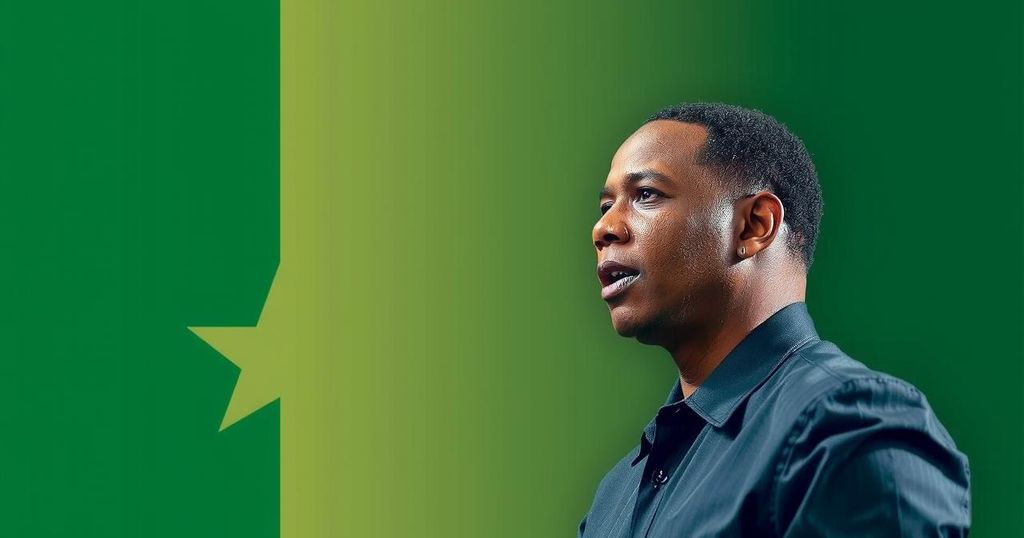Ghanaians are set to vote for a new president, with the economy as the primary concern. Vice President Bawumia and former President Mahama are the main candidates. Ensuring transparency and addressing public dissatisfaction with infrastructure development are crucial. Both candidates propose different policies focusing on economic recovery. A peace pact has been signed, emphasizing a commitment to a fair electoral process as the country prepares for the elections.
As Ghanaians prepare to cast their votes for a new president on Saturday, the economy emerges as the focal issue for more than 18 million eligible voters. Eleven candidates are in the running, with Vice President Mahamadu Bawumia of the ruling New Patriotic Party (NPP) and John Dramani Mahama of the National Democratic Congress (NDC) positioned as the main contenders. Mahama is making his third attempt for the presidency, previously losing to outgoing President Nana Akufo-Addo in 2016 and 2020.
Amidst concerns over the electoral commission’s transparency, its chairperson, Jean Mensa, has assured the public of peaceful and credible elections, promising to operate within principles of transparency and inclusiveness. Ghanaians are expressing disappointment over unmet promises, particularly regarding infrastructure development, with voters in certain communities pledging to boycott the polls if their demands for electricity are not addressed.
Political analysts emphasize the importance of engaging voters with substantive policies rather than taking their support for granted. Both candidates have centered their campaigns around economic recovery, a critical issue following Ghana’s significant external debt crisis. Bawumia has proposed digital skills training for youth, aiming to equip one million individuals, while Mahama advocates for a 24-hour economy approach to enhance job creation.
The upcoming elections are expected to remain peaceful, with both candidates having signed a peace pact to uphold democratic values and commit to accepting the election results. Observers believe that the peaceful nature of Ghana’s elections will continue, reflecting the nation’s commitment to democratic governance.
Notably, leaders have called for collaboration and unity in fostering an environment conducive to free and fair elections. Mahama has affirmed, “I pledge my personal commitment and that of my party to the sustenance of Ghana’s peace,” while Bawumia highlighted the significance of the peace pact, stating, “The stakes are always high…and we have never turned our backs on democracy.”
With all 275 parliamentary seats also at stake and possible runoff elections, Ghanaians await the outcomes that will define their leadership for the next four years.
The forthcoming presidential elections in Ghana represent a pivotal moment in the nation’s democratic process, with economic issues taking precedence for voters. Voter disillusionment following unmet promises and a pressing economic crisis underscores the critical nature of these elections. This electoral cycle features a notable contest between experienced candidates, with historical tensions and expectations from the electorate further complicating the political landscape. The electoral commission’s efforts to ensure a credible process have been met with skepticism, emphasizing the need for transparency to maintain public trust.
As Ghana approaches its presidential elections, the electorate’s prioritization of economic issues highlights a call for accountability and effective governance. Both leading candidates have expressed commitments to fostering economic recovery, but voter sentiments reflect a deep-seated frustration with unfulfilled commitments. The peaceful conduct of the elections remains essential, as the commitment to democratic principles could not only shape the political landscape but also hold leaders accountable to the citizens’ needs.
Original Source: www.dw.com







